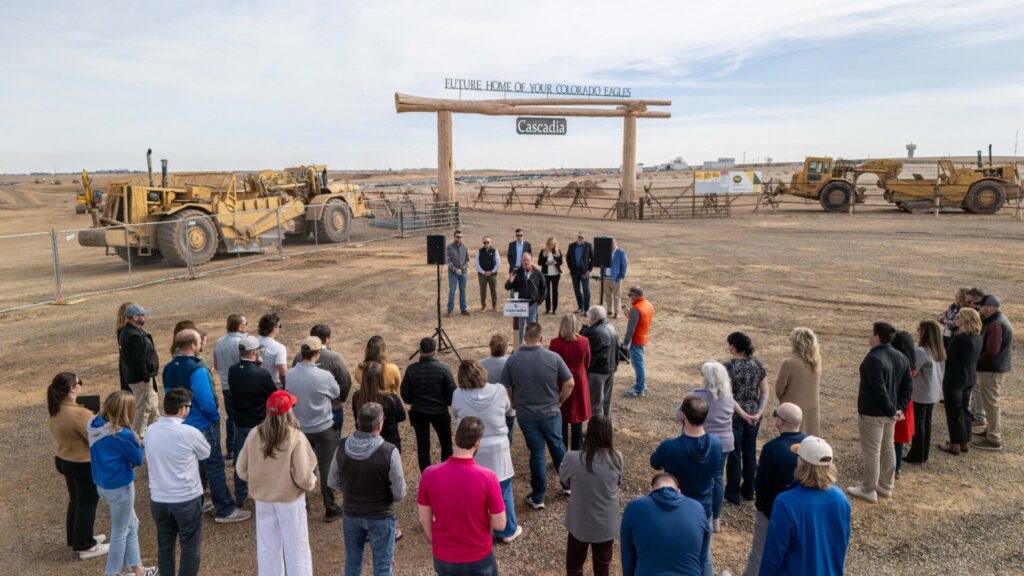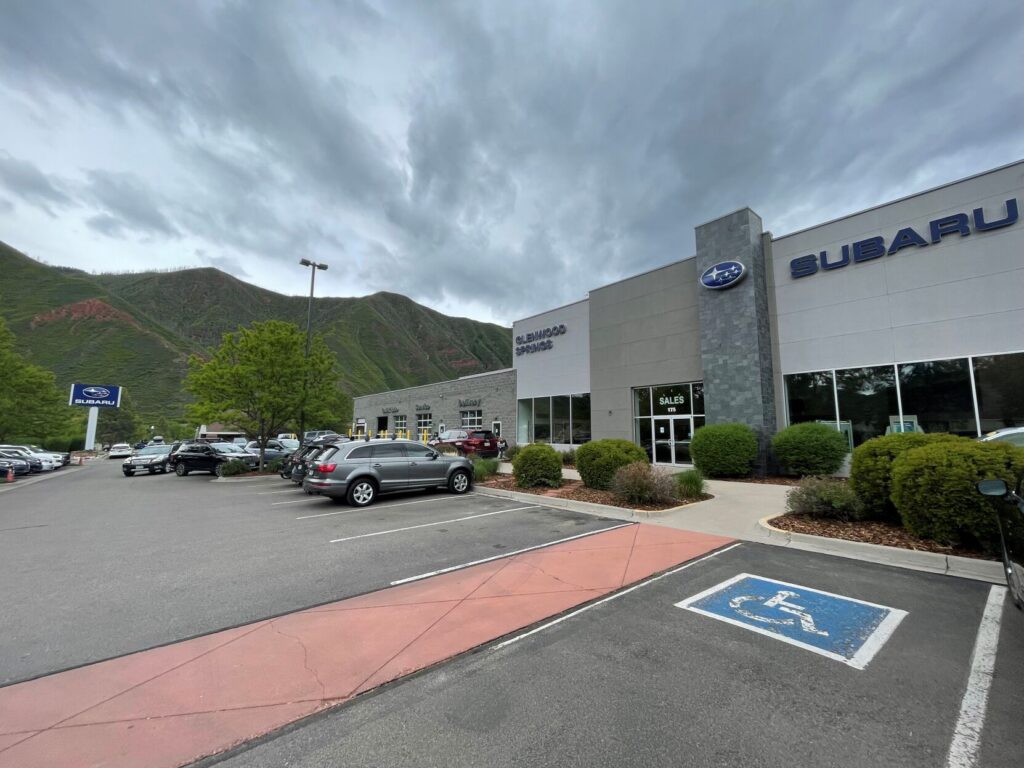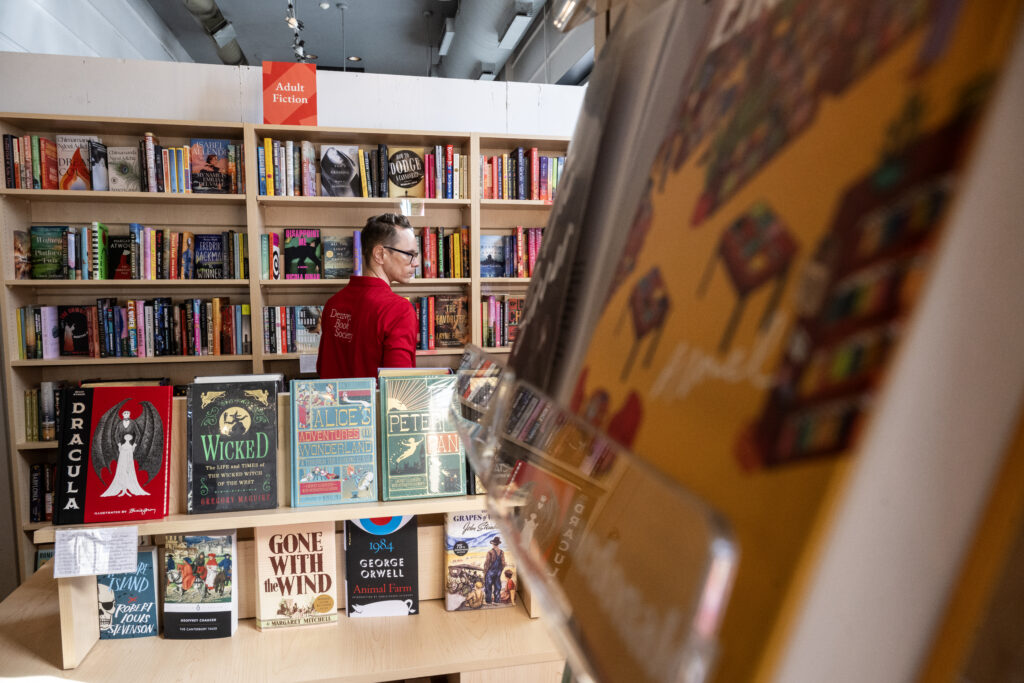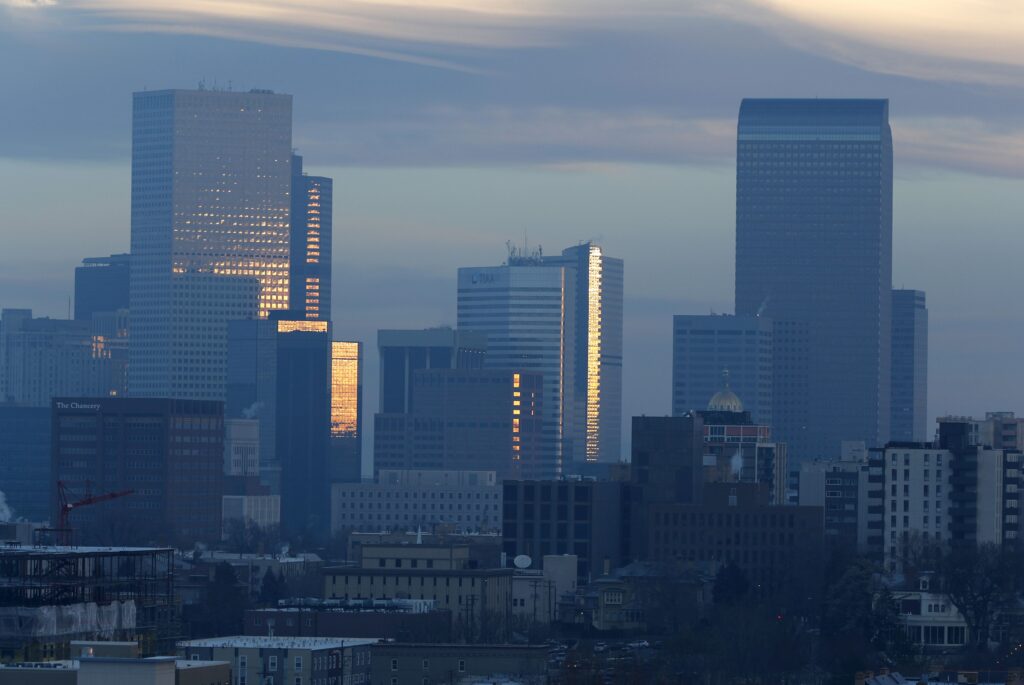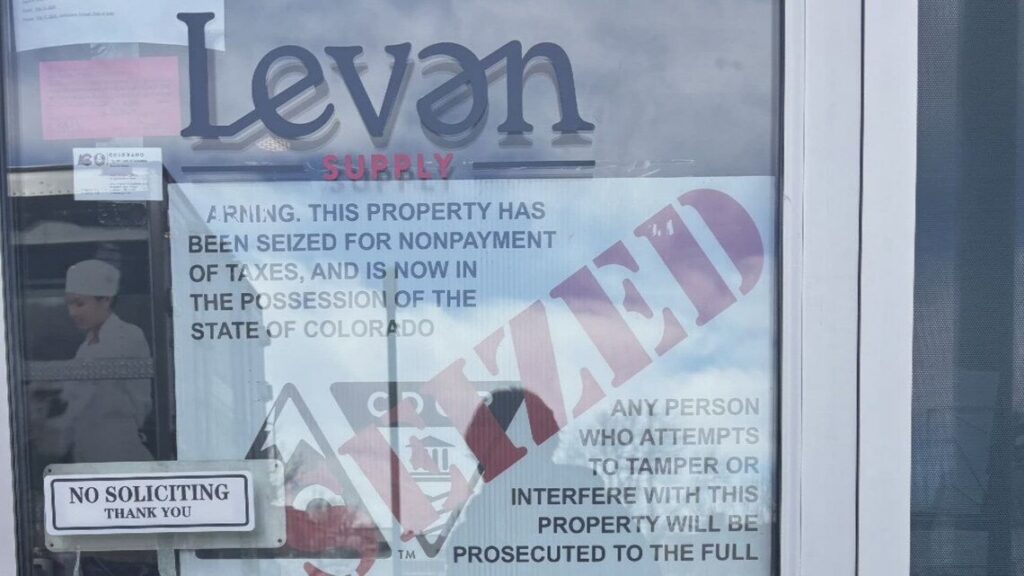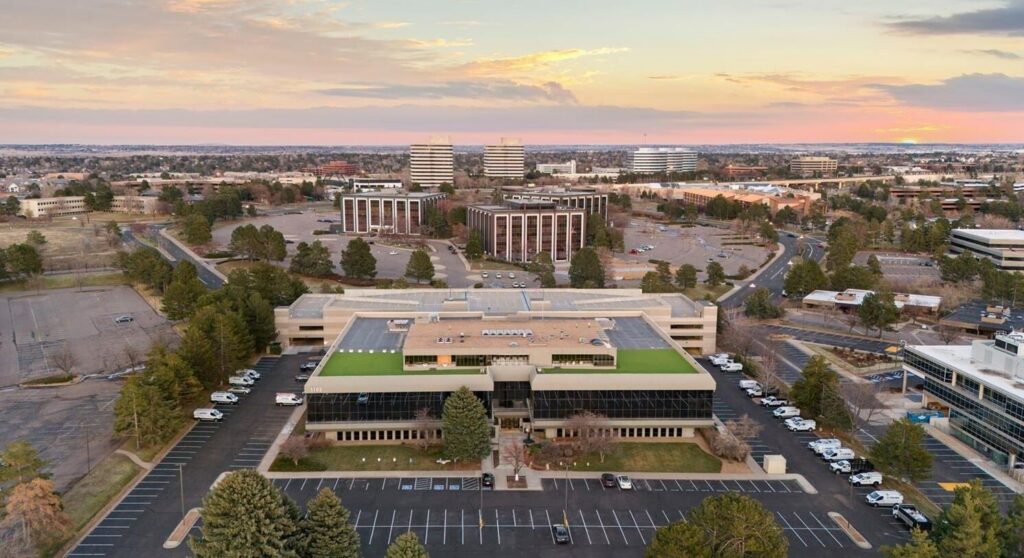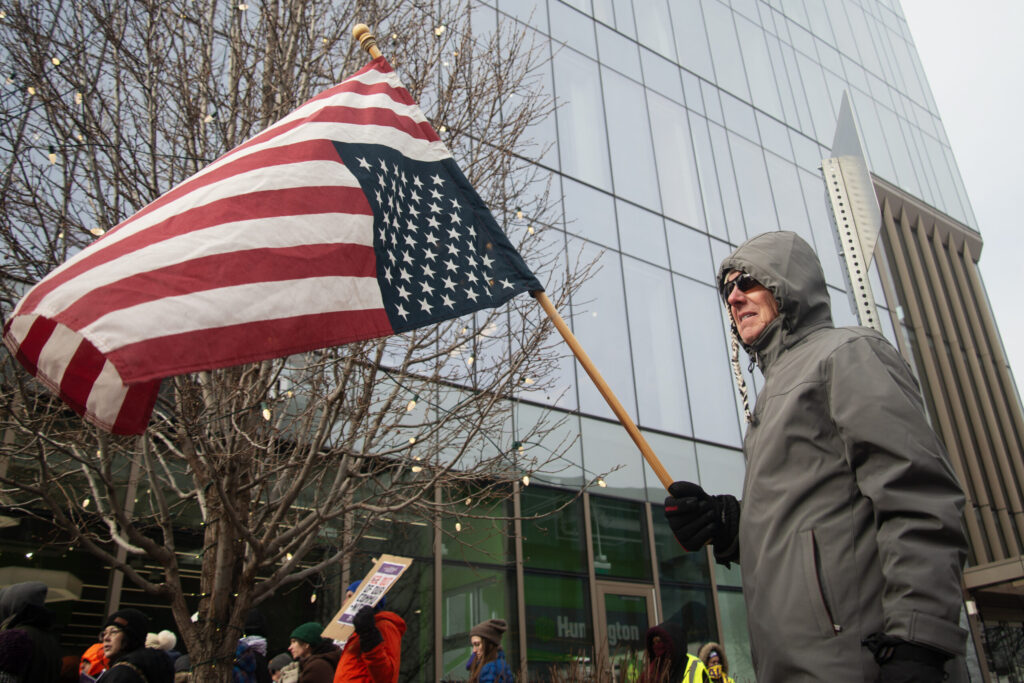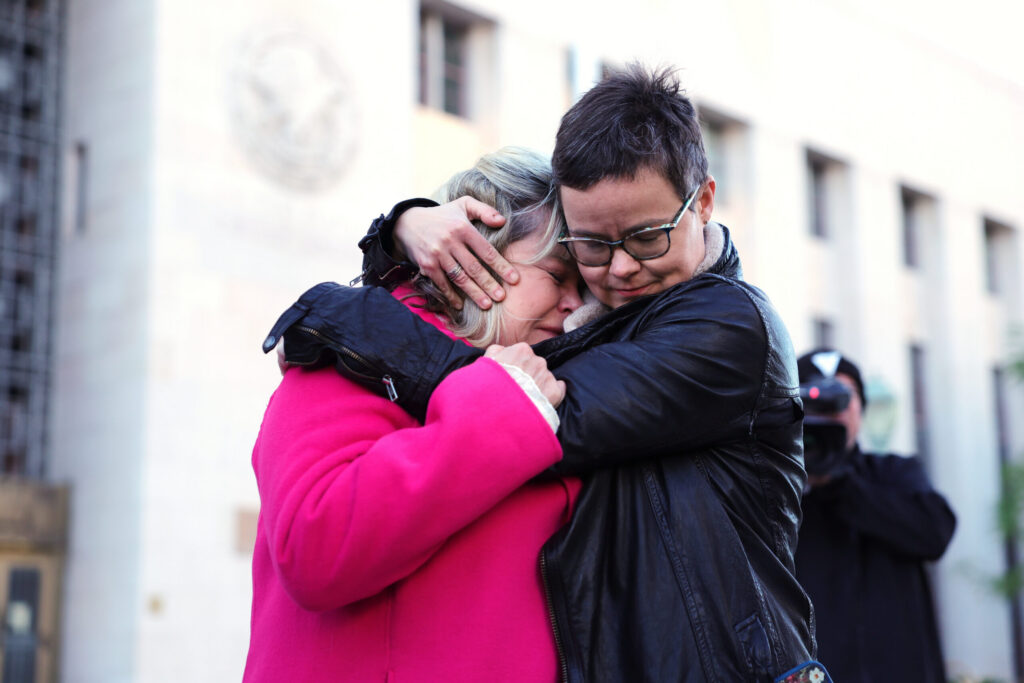Women’s soccer team looking at options outside Denver to build stadium
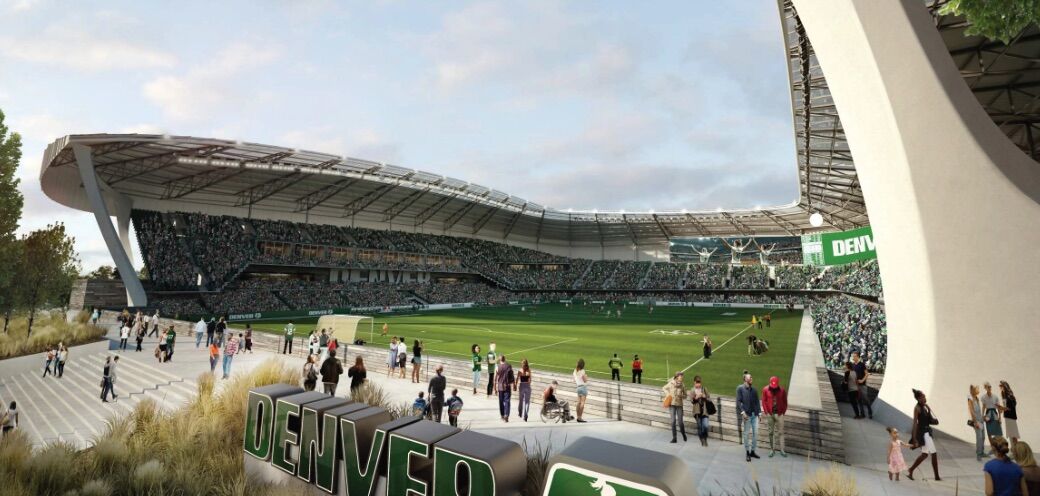
Denver Summit FC is considering other places to house its stadium outside of the city, the new major league women’s soccer team said in a statement.
The announcement followed a tense City Council committee meeting last week where city leaders voted to delay a $70 million agreement for the city to purchase the Santa Fe Yards site for the stadium and fund its infrastructure by another month due to questions over how the money will be allocated.
“Given the challenges we have faced in the Denver City Council process, we are currently pursuing a parallel path regarding the stadium site and engaging with other jurisdictions outside Denver,” team officials said.
Denver Summit announced in March it would build a 10,000- to 12,000-seat stadium on the former home of the Gates rubber factory. The site, off Interstate 25 and Broadway, has long sat empty since Gates closed the factory and has been the site of several development proposals that promised to reenergize the neighborhood but never came to fruition.
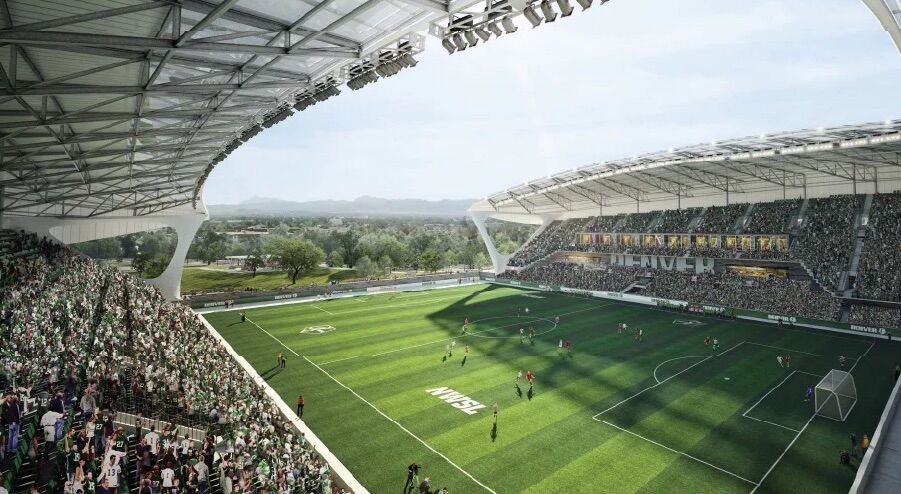
Denver Summit has a tight timeline to get its stadium built.
As part of its bid to secure Denver a franchise from the National Women’s Soccer League, the team promised to have its stadium built in time to play by March 2028. If it fails to meet the bid promise, the team could face fines from the league.
“Denver Summit FC ownership is committed to fulfilling our obligations to the league, our fans, our athletes and the community. That means we need to deliver a purpose-built stadium for women’s professional soccer – on time,” Denver Summit’s statement said.
The team did not disclose which cities it was considering for another potential stadium site. Any other location would still require a speedy approval process.
The team said it would continue to engage with Denver’s city leadership, including Mayor Mike Johnston and the City Council, as it seeks other potential stadium sites.
The mayor insists the team should stay in Denver and bring new investment to South Broadway, a spokesperson for the mayor said, commending Denver Summit’s ownership for going “above and beyond” to answer questions about the project.
“Losing this team would be devastating for the thousands of people who have already fallen in love with this franchise and the small businesses who are counting on the boost it will bring,” the spokesperson said.
Johnston is working with all the parties involved and his office is “confident” it can keep the team in the city.
A women’s soccer team could generate up to $2.2 billion in economic impact to the city over 30 years, according to a city analysis done earlier this year.
The economic report also detailed how the stadium could spur other benefits that are difficult to calculate such as building community pride and serving as an inspiration for generations of girls.
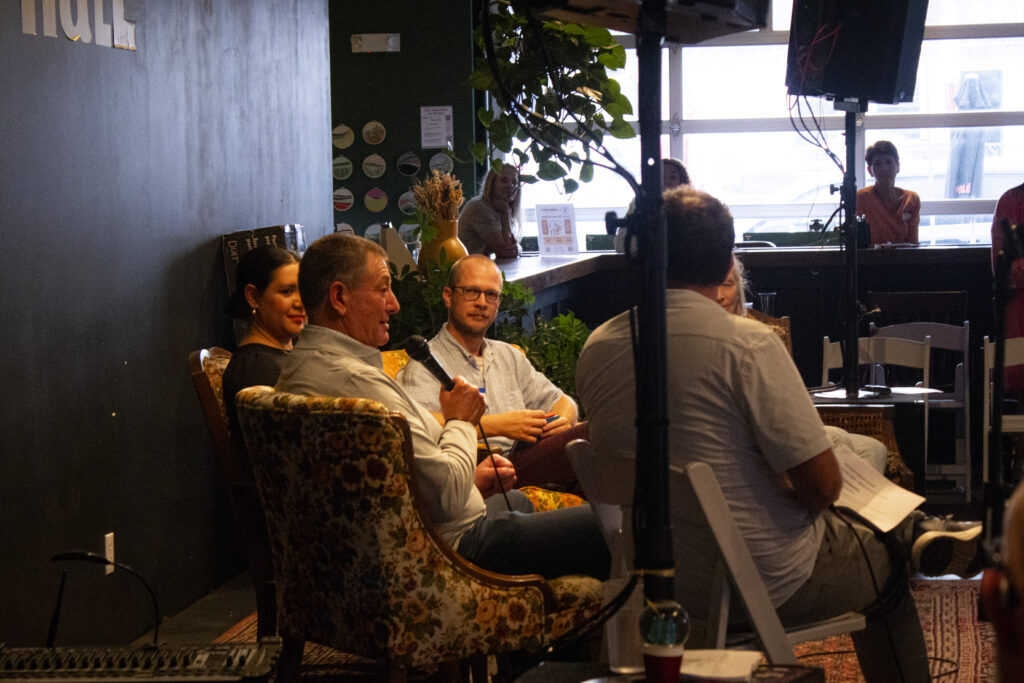
The South Platte River Committee, responsible for any developments within half a mile of the river, approved a measure to rezone Santa Fe Yards to allow for the construction of a stadium. The rezoning will go to the City Council for final approval on Dec. 15.
The city committed $50 million toward purchasing the land and adding public infrastructure. It also capped the amount the city will spend on off-site projects such as nearby park improvements at $20 million.
But the committee voted to delay a decision on measures that would have amended the intergovernmental agreement, including a commitment that the city would secure funding for a pedestrian bridge on the north side of the former Gates rubber factory.
The committee said it would push back its vote until Dec. 10 and asked the team and the mayor’s office for more details about the financial arrangements.
Denver City Council President Amanda Sandoval asked for the numbers for specific allocations of the funding agreement between the team, the city and a metropolitan district.
Andrea Austin, the team’s attorney, told the committee they’re still working on finalizing numbers because they’re waiting on construction estimates.
Sandoval said she didn’t want a repeat of the city’s purchase of Park Hill, expressing frustration that the city gave an additional 20 acres in a land swap of Denver International Airport’s property to Westside Investment Partners after the City Council approved the measure.
A mayor’s spokesperson said at the time that the Park Hill land swap did not change the deal as already agreed upon, and was conducted to maintain the value of the land involved in the transfer. City officials valued the Park Hill land at $12.7 million; the parcel going back to Westside needed to be valued the same.
“I want to make sure that what I’m approving on the night of the 15th is what is happening,” Sandoval said at the committee meeting regarding the stadium.
After the meeting, the team’s owner, Robert Cohen, told reporters he was frustrated by the delay.
He said he still believes the team can get the stadium done on time but the hiccups would make it more difficult.
“It just does cause some challenges around schedules because we all moved our schedule to make the current schedule work,” he said.
Now they’re considering other options outside of Denver to make it work.







